On the morning of April 14, 2025, the League of Tropical Universities (LTU) 2025 Summit President Panel Talk was held at the Hainan University Gymnasium.
Attendees included Dato Bawes, Director-General of the Malaysian Palm Oil Board; Suon Serey, Deputy Secretary of State of Cambodia’s Ministry of Agriculture, Forestry, and Fisheries; Shahbaz Khan, Director of the UNESCO Office in China; Mihoko Kumamoto, Director of the United Nations Institute for Training and Research (UNITAR) Prosperity Division; Mohamed Ibrahim Abdul Mutalib, President of Universiti Teknologi PETRONAS (Malaysia); Paul Mapfumo, Vice-Chancellor of the University of Zimbabwe; Liu Jin, Deputy Inspector of China’s Ministry of Education; Yang Zongkai, President of Wuhan University of Technology; Shi Chao, Chairman of China Chaoxing Group; Fu Xuanguo, Secretary of the CPC Hainan University Committee; and Luo Qingming, President of Hainan University and Academician of the Chinese Academy of Sciences. The forum was chaired by Liu Qian, Vice President of Hainan University.
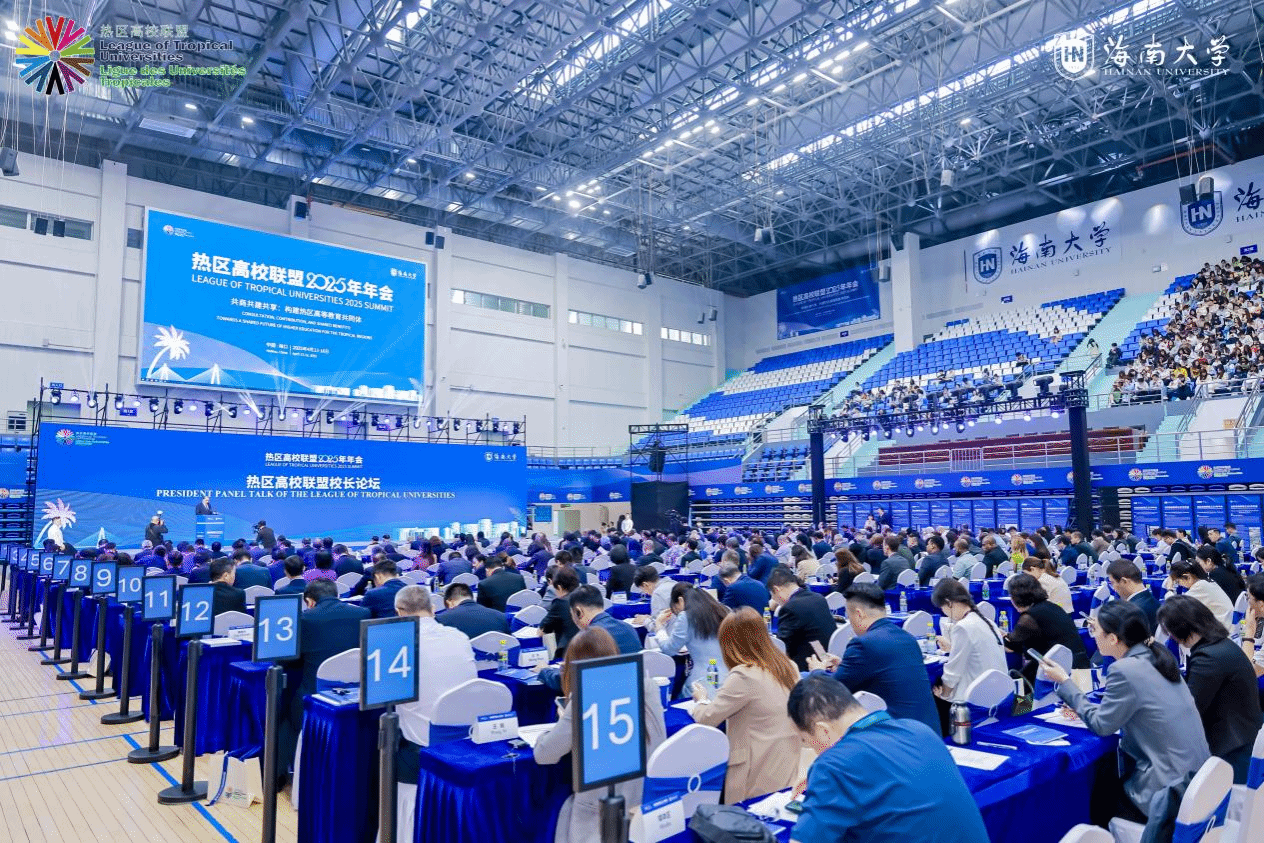
On the morning of April 14, 2025, the LTU 2025 Summit President Panel Talk was held at the Hainan University Gymnasium
Centered on the theme of "Digitalization of Education," the forum brought together over 100 experts and scholars from 107 government agencies, international organizations, universities, and research institutions worldwide to discuss digital transformation in tropical higher education and explore new collaborative frameworks.
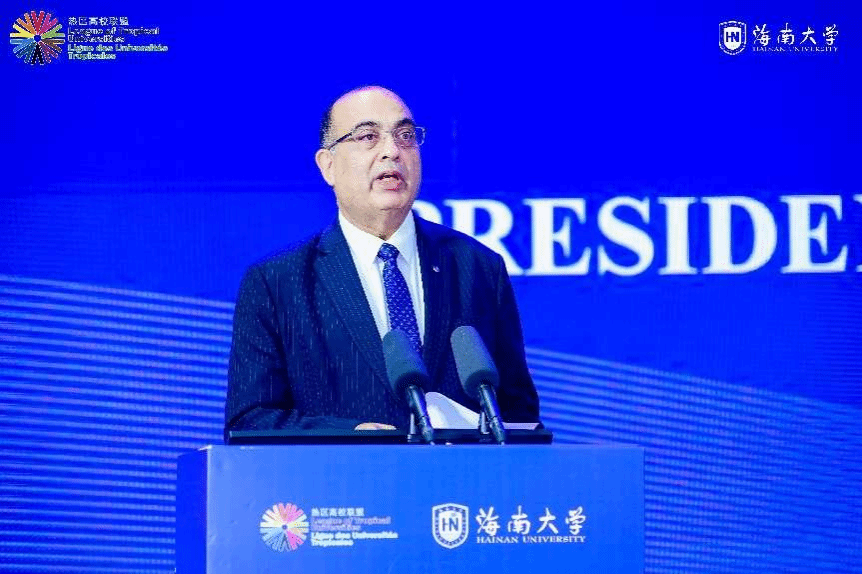
Speech by Shahbaz Khan, Director of the UNESCO Office in China
In his opening remarks, Shahbaz Khan emphasized the critical role of LTU in addressing global challenges such as climate change, biodiversity loss, and disease control. He urged members to jointly build a tropical digital education ecosystem, implement educational technology innovation accelerators, strengthen digital ethics and sustainability, and promote open sharing of high-quality educational resources. UNESCO’s Beijing Office will establish a strategic partnership with LTU to advance global education agendas and create a future-oriented higher education system.
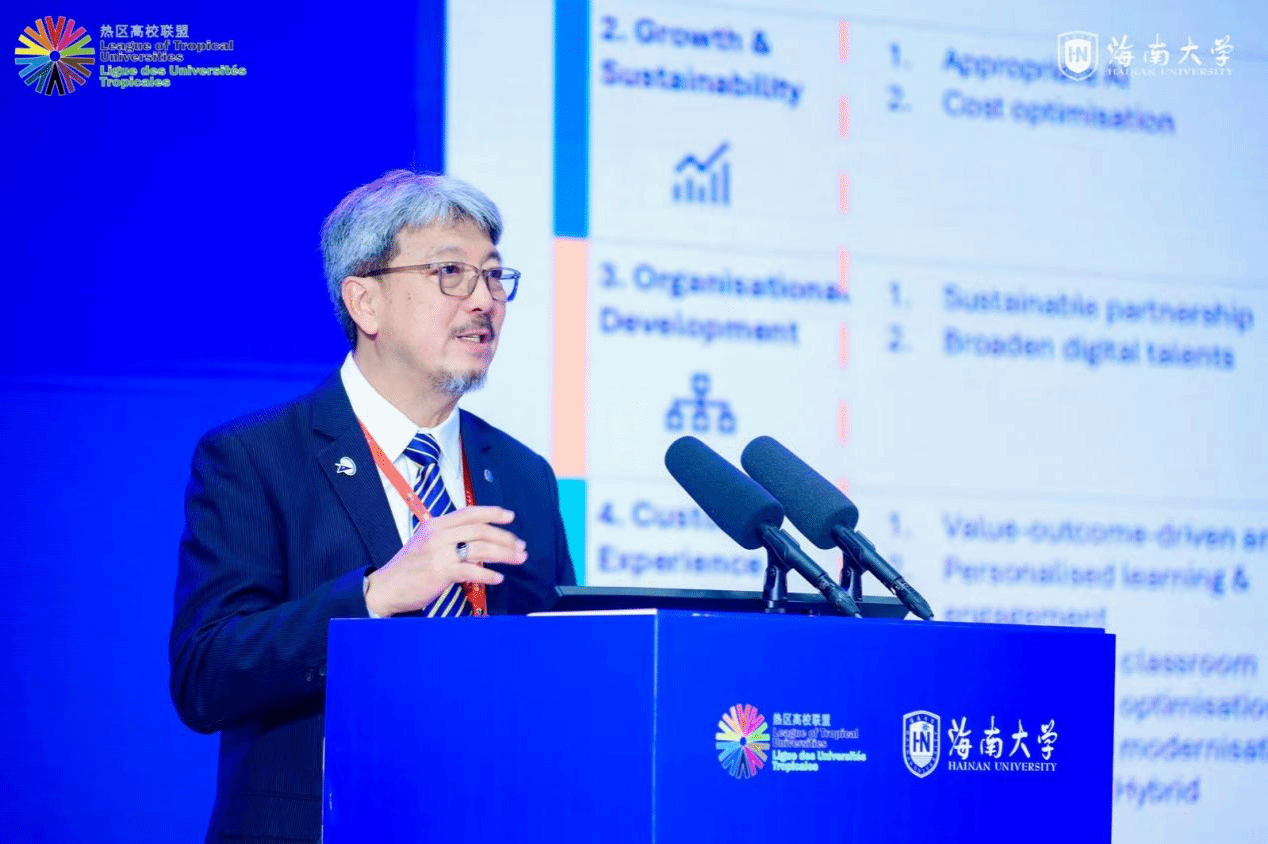
Keynote Speech by Mohamed Ibrahim Abdul Mutalib, President of Universiti Teknologi PETRONAS (Malaysia)
Mohamed Ibrahim Abdul Mutalib, in his keynote speech "Digital Innovation Transforming Higher Education," highlighted Universiti Teknologi PETRONAS’ efforts in driving digital innovation through AI, predictive analytics, and personalized learning. He called for stronger partnerships within LTU to enhance data sharing, target digital education priorities, and foster technological breakthroughs.
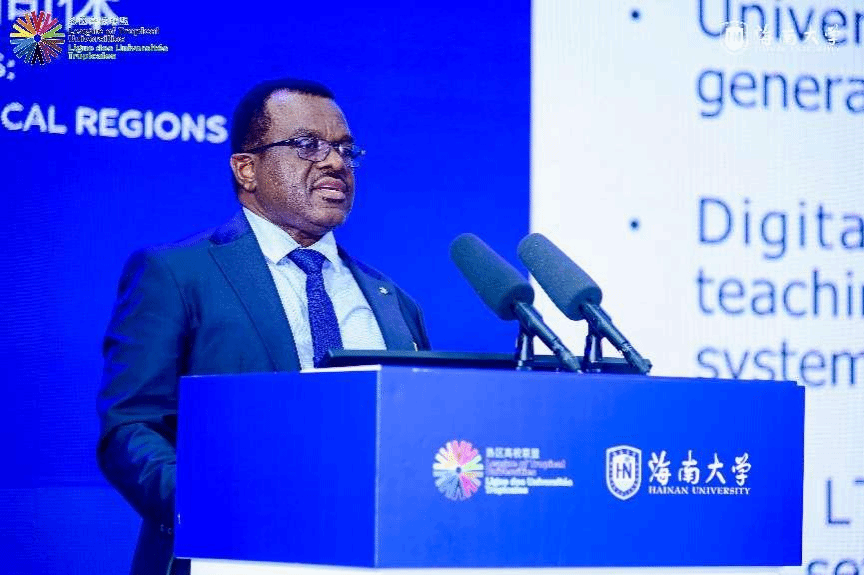
Keynote Speech by Paul Mapfumo, Vice-Chancellor of the University of Zimbabwe
Paul Mapfumo, presenting "Digital Education and Sustainable Development in International Cooperation," noted that digital education has shifted from a supplementary tool to a core pillar of higher education. He praised LTU’s achievements in knowledge sharing, cultural exchange, and crisis support, which have set benchmarks for sustainable development in the global digital economy.
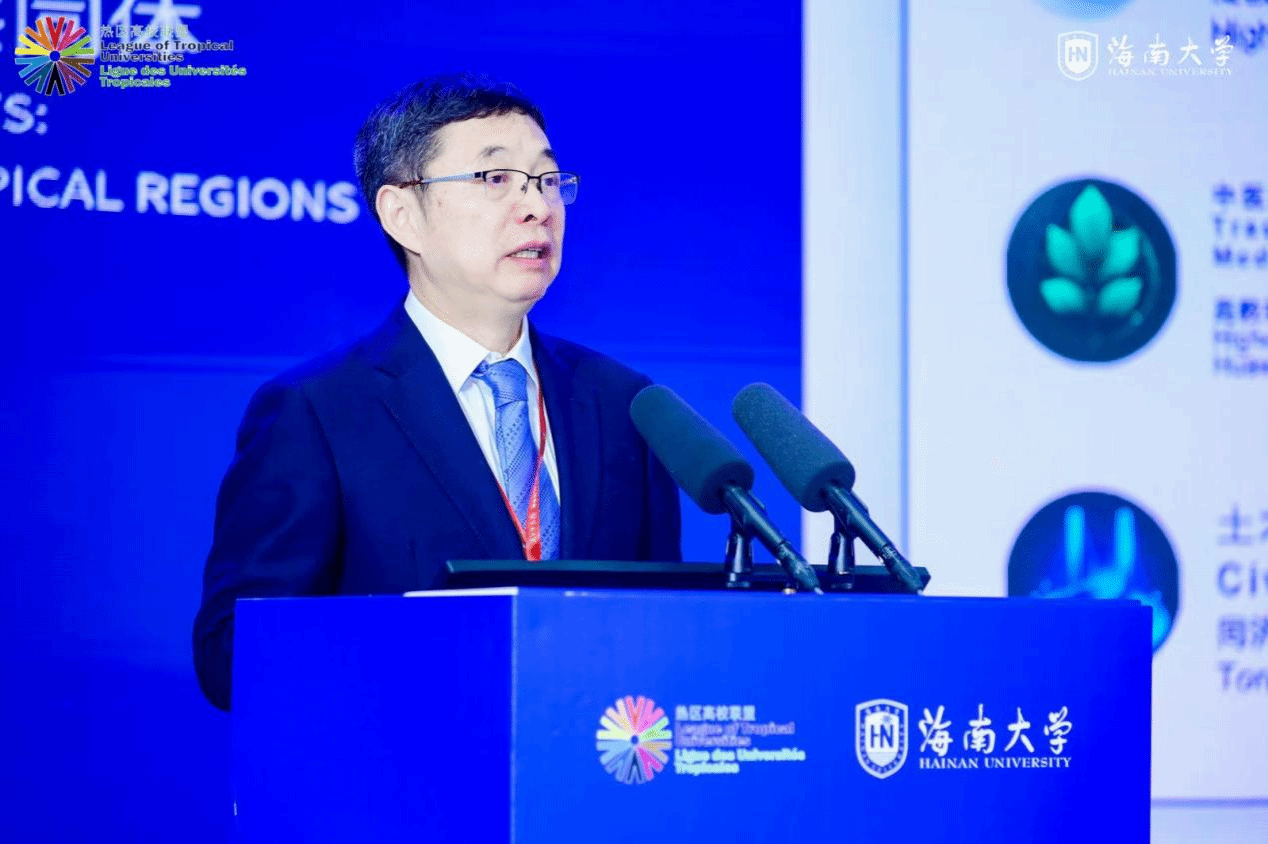
Keynote Speech by Yang Zongkai, President of Wuhan University of Technology
Yang Zongkai, in a keynote speech "Higher Education Reform and Practice in the Intelligent Era," outlined China’s progress in building a comprehensive smart education ecosystem. He proposed exploring a "metaverse university" concept to transcend traditional educational boundaries and enhance global digital learning experiences.
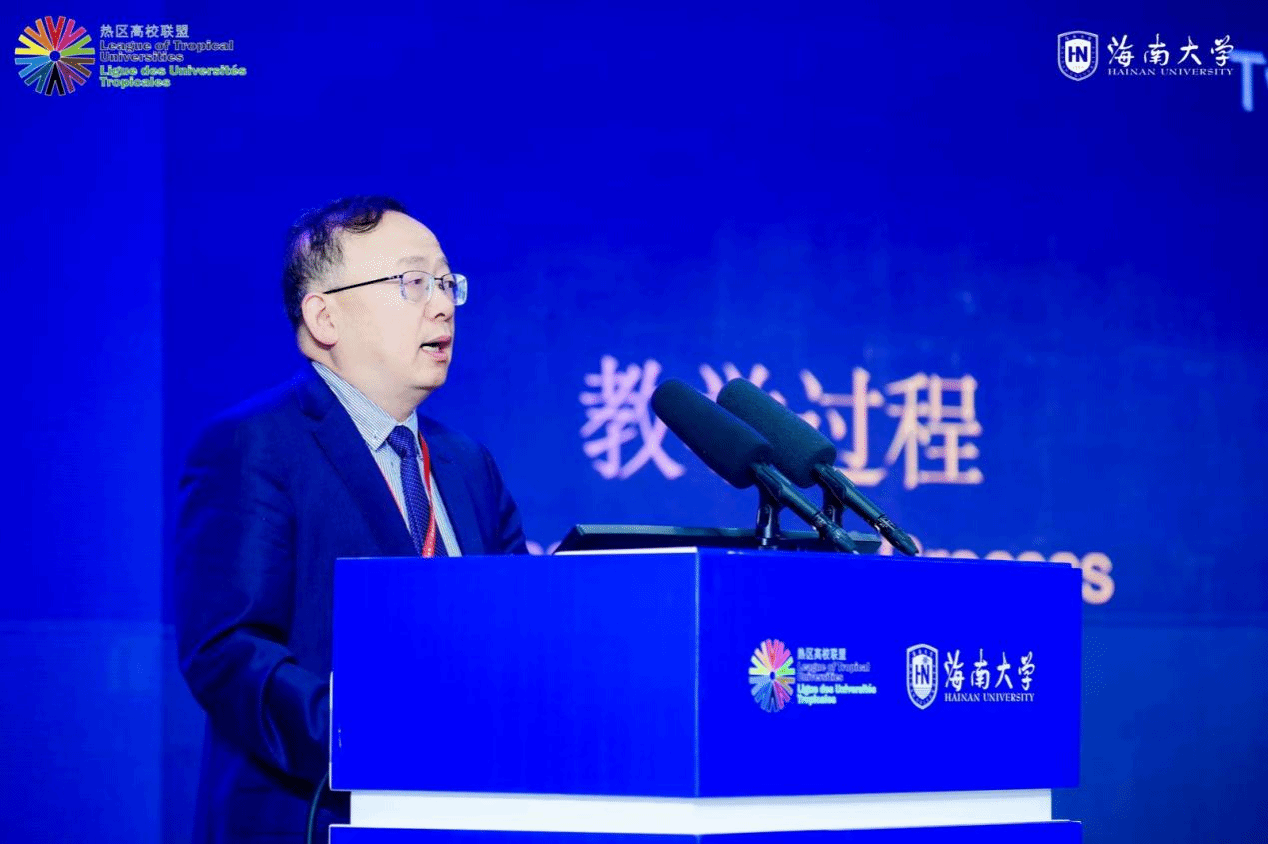
Keynote Speech by Shi Chao, Chairman of China Chaoxing Group
Shi Chao delivered a keynote speech titled "AI-Driven Reform in Curriculum and Teaching Models," emphasizing AI’s transformative impact on teaching processes and talent cultivation. He urged LTU members to collaborate on intelligent curriculum development and future learning centers to advance higher education’s digital upgrade.
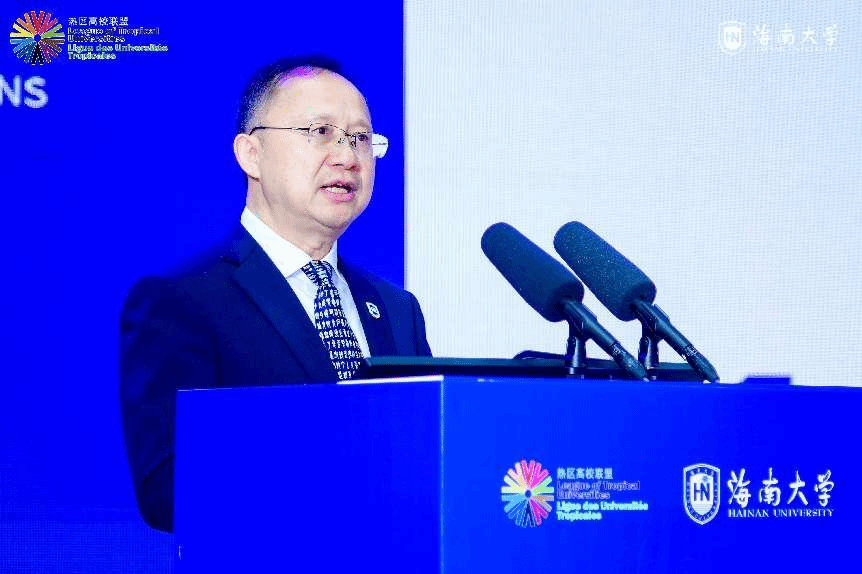
Keynote Speech by Luo Qingming, President of Hainan University
Luo Qingming, in his keynote speech "Embracing Digital Education to Empower Global Hot Zone Development," addressed challenges facing tropical regions, including food security, disease spread, and ecological fragility. As a LTU founding member, Hainan University will leverage the Hainan Free Trade Port’s openness to foster cross-border collaboration in talent development, scientific research, and cultural exchange. He called for LTU members to deepen cooperation in three key areas: digital-enabled talent cultivation, joint research, and cultural dialogue.
Inaugurated in November 2023 by Hainan University, the Chinese Academy of Tropical Agricultural Sciences, Egypt’s Cairo University, Malaysia’s Universiti Malaya, Brazil’s University of São Paulo, Indonesia’s Bandung Institute of Technology, and Thailand’s Chulalongkorn University, LTU has grown to include 101 member institutions from 41 countries and regions. It aims to cultivate globally minded professionals, advance scientific collaboration, promote cultural exchange, and drive the integrated development of education, science, and talent in tropical regions.
Also attending the forum were members of Hainan University’s leadership, department heads, faculty, and student representatives.